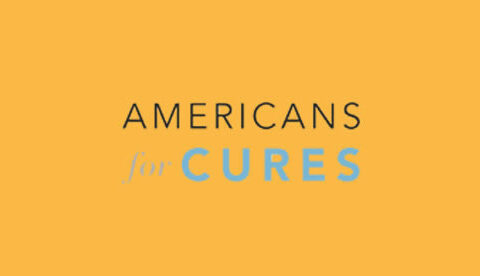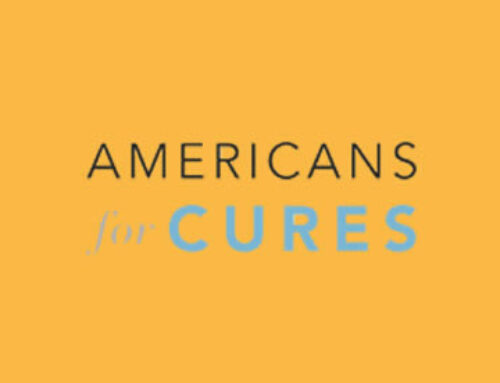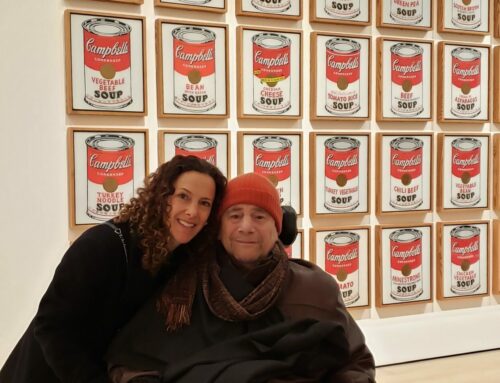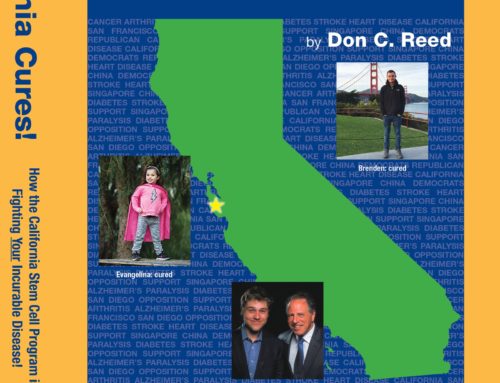California voters a few years ago agreed to dive into stem cell research in hopes of finding cures and treatments for 75 diseases and conditions afflicting people. Proposition 14 on the Nov. 3 ballot would keep it going.
Previous funding created more than 1,000 medical projects at 70 institutions across the state. Research has saved and improved lives — curing more than 50 tiny “bubble baby” patients, developing two treatments for otherwise fatal blood cancers, and making strides against diabetes, blindness, paralysis and more.
But the money is drying up. Prop. 14 — a bond that would require repayment, not a tax — would provide $5.5 billion to keep California on the cutting edge of stem cell research.
It’s an investment of about $5 per person per year for 30 years. Proponents say that money can be used to attract $7.7 billion in matching grants, fueling 100,000 jobs — essentially, a stimulus shot in the arm at a time when our state is reeling from the effects of COVID-19.
At stake is the California Institute of Regenerative Medicine, which voters established in 2004 to counter President George W. Bush’s ban on federal funding for embryonic stem cell research. It was controversial because stem cells come from human embryos typically produced for in vitro fertilization. The ban since has been lifted.
Prop. 14 would expand research in diseases including Alzheimer’s, Parkinson’s, stroke and epilepsy, and keep on track other work in ALS, heart and kidney disease, multiple sclerosis, HIV and much more. They’re even looking at creating new knee cartilage.
It makes little sense to lose the momentum of a fine stem cell agency that has relieved the suffering of millions, and promises to help millions more. The Bee recommends a yes vote on Prop. 14.







